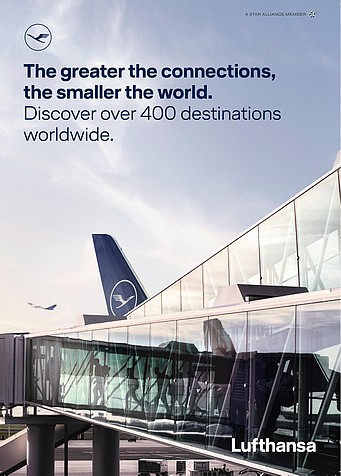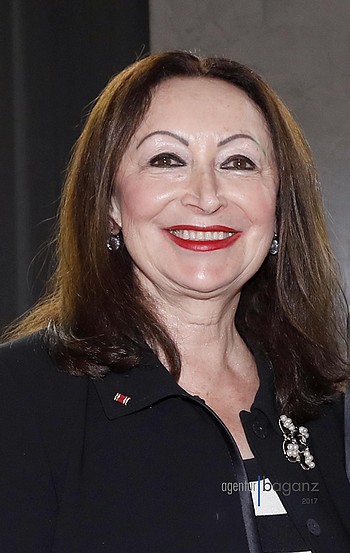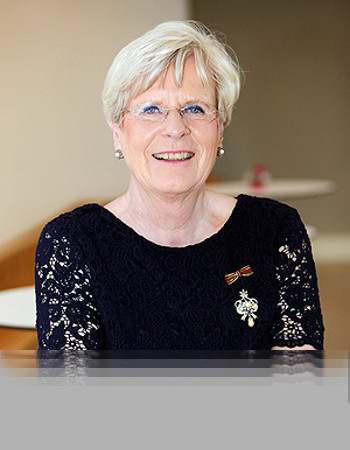How the IT market is being liberalised and how local companies too will gain opportunities
The digital market works differently to the analogue economy. Whoever has the relevant data can control market concentration and dictate how competition works. Europe is now trying to combat this distortion of the market. And a range of new laws is intended to break the dominant position of the global IT companies, to allow more competition, to give smaller, local software developers more opportunities and, not least, to give users more freedom to choose providers and apps themselves.
Accordingly, in January 2021 the German federal parliament passed an amendment to the Restraint of Competition Act [Gesetz gegen Wettbewerbsbeschränkungen, GWB] targeting powerful digital multinationals. The amendment modernises Germany’s competition laws and sets itself against these major companies with their market dominance.
Fair conditions include the idea that users should not have to accept that the apps of dominant global companies are already pre-installed on devices and that they cannot themselves decide between different providers.
Indeed, the Conservative politician Hansjörg Durz, vice-chair of the parliamentary committee on digital affairs, is firmly of the opinion that, in passing this amendment, the German parliament is the first parliament in the world to adapt competition law to the challenges of the digital world. Falko Mohrs, a Social Democrat member of parliament, takes a similar view and sees Germany as a “pioneer in regulating powerful digital companies”.
This German item of legislation is intended to serve as a model, even as a lesson, for the European level and inspire discussion surrounding the EU’s proposed Digital Markets Act. The purpose of this act is to create equal competition conditions in digital markets and to give the European Commission far-reaching powers of intervention in the event of distortions of fair competition. After all, the European Commission too wishes to fundamentally reform the legal framework for the digital economy and to regulate this young sector more closely.
With regard to the EU’s thinking on this, Margrethe Vestager, the EU Commissioner for Competition, says, “Businesses operating in Europe should be able to compete freely and fairly online just as they do offline.” And the Commissioner for the Internal Market Thierry Breton explains, “Many online platforms have come to play a central role in the lives of our citizens and businesses, and even our society and democracy at large. With today's proposals, we are organising our digital space for the next decades."
Since the market for digital platforms is neither fair nor open to fair competition and is dominated by American IT multinationals like Google and Apple, other countries too feel that there is a need to go their own way here.
Accordingly, Russia passed a law just recently requiring the pre-installation of Russian software on all devices like computers, tablets, smartphones and smart TVs. The intention of this law is to give Russian IT companies better opportunities on the market and to make domestic IT applications more accessible to the user. Moreover, this Russian law forces Apple for the first time to give users s little more freedom. However, how Apple is going to implement this law is still a matter of speculation – even amongst experts.
Ulf Schneider, president and founder of the Schneider Group, explains that, at the third attempt, it is now a legal requirement in Russia as of 1st April 2021 that Russian software is pre-installed when devices are purchased. This government directive also takes into consideration the providers who are dominant locally. Non-Russian apps are not forbidden but must be complemented by local software. And he goes on to point out, “These legal requirements should not be viewed in isolation. For Russia, this is all about being independent of the West and ensuring that further sanctions from the West will have less of an impact.”
The Russian government has chosen not to proceed against global digital platforms with restrictive measures. Instead, it has taken an approach in which all IT developers are given the same access to platforms, thereby ensuring that the principle of fair competition is upheld.
Ben Wells, a solicitor and partner in the London-based law firm Candey, and author of specialist books on the law, thinks that “this law is interesting because it expands the basis for applications that are installed when a device is purchased.” He goes on to say that the law particularly affects Russian apps, which the law now requires to be pre-installed.
Alexander Kulitz, a member of the German federal parliament for the FDP (the pro-business Free Democrat Party), thinks that we will have to be patient: “We will have to wait and see if, with this new law, Russia can in fact break the market monopoly of foreign digital multinationals for the benefit of Russian software.” What can be said is that these latest legislative proposals – be they in Russia or the EU – all aim to provide market participants in these times of global, digital interdependence the same opportunities to put their own services on the market.
Markus Jerger, the leader of the BVMW (Bundesverband mittelständische Wirtschaft], a national association representing SMEs in Germany, takes a similar view: “It remains to be seen if this new Russian law will contribute to strengthening the Russian economy. It is rather like the initiative taken by the European Commission with its Digital Markets Act, according to which gatekeeper companies will no longer be allowed to pre-instal their in-house apps exclusively and to prevent the user from uninstalling them.”
He concludes by saying that small and medium-sized companies, in particular, suffer greatly from this imbalance in the market. In his view, however, the overall economic impact of this legislation remains uncertain. “The major gatekeepers have already indicated to both the EU and Russia that they will not simply accept these new regulations. It remains unclear what the impact on jobs, the economy and innovation might be if one of these large companies actually withdrew from a particular national market.”
2021-03-20


BOTSCHAFTER IN BERLIN
Hier finden Sie alle wichtigen Informationen über die ausländischen Botschaften in Berlin von A wie Afghanistan bis Z wie Zypern. Schauen Sie doch mal rein unter www.botschafter-berlin.de.
MONATSBRIEF
Wenn Sie sich für unseren kostenlosen Monatsbrief anmelden möchten, senden Sie bitte eine Nachricht.
LESER ÜBER UNS
Impressum | Datenschutzerklärung
© Diplomat Media Berlin 2017 —













